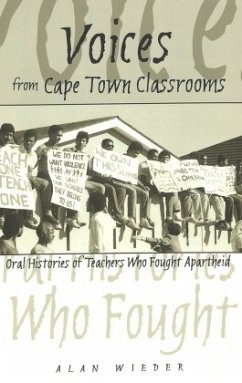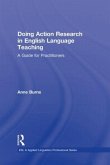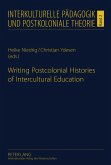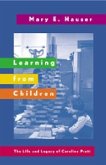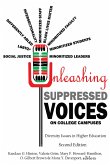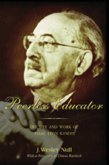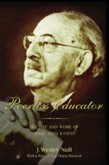This book captures the oral histories of twenty South African teachers who connected pedagogy and politics to fight against the apartheid regime. Teaching in so-called Coloured schools, these "teachers with the fighting spirit" stressed nonracialism and democracy in their work with students. Though their lives were deeply affected by apartheid, it never stole their hearts, minds, or souls. Their work helped lead to the election of Nelson Mandela as the first democratic leader of South Africa in 1994.
«Alan Wieder's 'Voices from Cape Town Classrooms' provides a breathtaking view into a vital center of resistance during the South African nightmare known as apartheid. Schools in South Africa as elsewhere are contested spaces, arenas of hope and struggle, because schools are where we invest in our children (or not), and project a vision of the future we hope to build. During the anti-apartheid struggle, schools were a powerful center of resistance. Filled with immediacy and urgency, the struggle comes alive in these pages as vital, complex, and nuanced, something trembling and real and lived. The events around the struggle are so huge and so encompassing that they can easily be constructed into a gleaming and unproblematic icon casting a huge, seemingly impenetrable shadow across an otherwise dense and complex landscape. To Alan Wieder's eternal credit, he rescues here the reality of history as lived, paths taken before the outcome is known, difficult choices made in the dark.» (Bill Ayers, University of Chicago, Illinois; Author of 'Fugitive Days')
«Alan Wieder's book opens up new perspectives in research methodology by documenting the life histories of apartheid-era teachers in the Western Cape. Wieder's approach allows these teachers to speak for themselves and to re-create the world of apartheid education for the teacher/educator. He manages to demonstrate the tension and the excitement as well as the very real dangers of the political and the pedagogical challenges that presented themselves in Coloured schools in the 1980s and allows the reader to glimpse the realities of everyday life for activist educators. It seems that the moment was right for this work to be done and that Alan Wieder, as an outsider with unique skills, was able to persuade these teachers to share their stories with a wider public in a way that had not seemed possible earlier. This book provides a blueprint for much-needed further work on the key role that many teachers played in opposing apartheid not just as political activists or trade unionists but in the ways in which they lived their everyday lives and conducted themselves in the classroom as well as the models that they provided for the students, teachers, and parents in their communities in the dark days of racial oppression. In the present climate of demoralization of the teaching profession such work is surely essential in rebuilding a profession upon which so much of the future depends.» (Peter Kallaway, University of the Western Cape; Author of 'The History of Education Under Apartheid')
«Alan Wieder's book opens up new perspectives in research methodology by documenting the life histories of apartheid-era teachers in the Western Cape. Wieder's approach allows these teachers to speak for themselves and to re-create the world of apartheid education for the teacher/educator. He manages to demonstrate the tension and the excitement as well as the very real dangers of the political and the pedagogical challenges that presented themselves in Coloured schools in the 1980s and allows the reader to glimpse the realities of everyday life for activist educators. It seems that the moment was right for this work to be done and that Alan Wieder, as an outsider with unique skills, was able to persuade these teachers to share their stories with a wider public in a way that had not seemed possible earlier. This book provides a blueprint for much-needed further work on the key role that many teachers played in opposing apartheid not just as political activists or trade unionists but in the ways in which they lived their everyday lives and conducted themselves in the classroom as well as the models that they provided for the students, teachers, and parents in their communities in the dark days of racial oppression. In the present climate of demoralization of the teaching profession such work is surely essential in rebuilding a profession upon which so much of the future depends.» (Peter Kallaway, University of the Western Cape; Author of 'The History of Education Under Apartheid')

